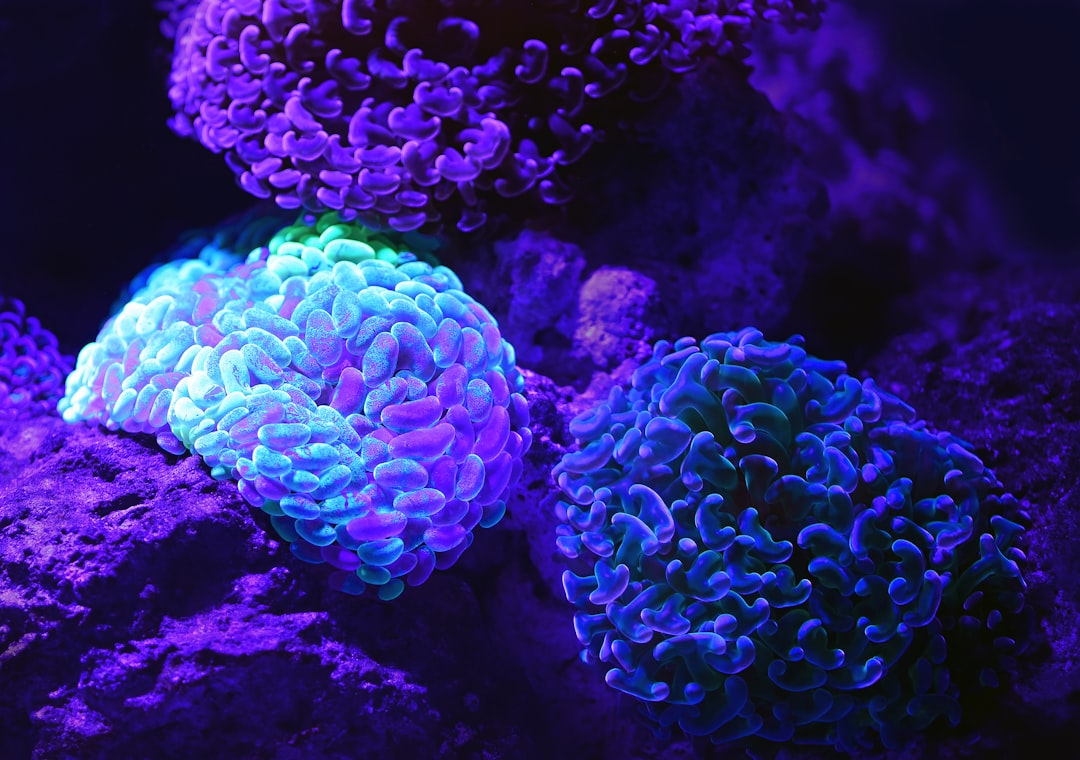What is it about?
Music can affect our emotions, and it is a well-known fact that people often use music to improve their mood or deal with tough situations. But why do we sometimes choose to listen to sad music even when we try to avoid feeling sad? This is because sad music can provide beneficial outcomes when coping with unfavourable circumstances, such as offering comfort, solace, and emotional coping. The study investigated how the brain reacts to sad music after a negative experience, focusing on emotion and memory processing regions in the brain. The brain activity of individuals was measured using electroencephalography (EEG) under three conditions: (1) a baseline condition with no input, (2) a negative situation recall condition, and (3) a condition where participants listened to a sad Indian Classical Raga. Enhanced alpha brain activity during sad music listening compared to the negative experience state and baseline explains the self-regulatory goals achieved through music.
Featured Image

Photo by RUPAM DUTTA on Unsplash
Why is it important?
This study reveals that the observed coping effects of sad music are not simply due to the aesthetic appeal of the music, as previously believed, but rather to underlying deeper neurological mechanisms. Listening to sad music appears to promote processing of emotions and memories in the brain, through a three-channel framework involving the alpha brain wave. These important mechanisms include increased global and local connectivity in brain areas involved in emotion and memory processing, and increased alertness. This inherent property of sad music is responsible for the observed coping effect. Results further highlights that sadness has two distinct characteristics under adverse state and sad music listening.
Perspectives
The present study is part of an ongoing research project exploring the impact of Indian Raga on human cognitive functions. The findings have important implications for fields such as music therapy and music training, where music is utilized or has the potential to be used as a therapeutic tool.
Ashish Gupta
Indian Institute of Technology Kanpur
Read the Original
This page is a summary of: Neural response to sad autobiographical recall and sad music listening post recall reveals distinct brain activation in alpha and gamma bands, PLoS ONE, January 2023, PLOS,
DOI: 10.1371/journal.pone.0279814.
You can read the full text:
Resources
Contributors
The following have contributed to this page










